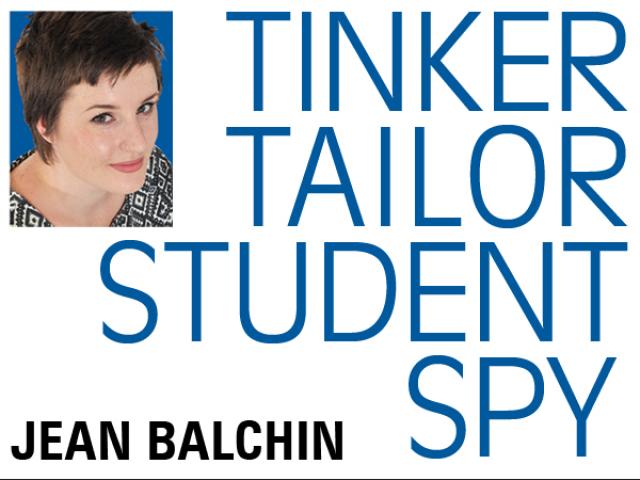

I almost regret the years I spent resisting my mother’s attempts to teach me how to cook and clean properly.
How did I find myself in such a unique situation? Well, the man I live with and care for part-time is a delightful old professor of mathematics from Oxford University, Ioan McKenzie James.
His wife Rosemary died some five or six years ago, and in the absence of any children or relatives, he has a lodger who lives in a wing of his house, keeping him company, having lunch with him each day, and generally just being a friendly face around the place. I knew the previous lodger, and when he decided to move to Dubai, I figured such an arrangement would work well for us both. It has.
Due to a cascade of technological and healthcare improvements over the centuries, the life expectancy of humans has increased over time. In New Zealand, the average life expectancy is 82.5 years — there are of course differences when it comes to gender and ethnicity. The number of older New Zealanders (those aged 65+) is growing by the day. In 2015, some 15% of the population was over 65, with this number expected to rise to 25% by 2038.
In te ao Maori, the mana motuhake of kaumatua is valued immensely.
One’s inevitable journey to old age does not lessen the sense of connection to one’s marae, hapu and iwi. Intergenerational relationships and the whanau as a whole are prioritised. But in many Western cultures, the cultural status and perceived value of our elders has declined.
Older people are often vulnerable to exclusion, discrimination, and marginalisation through a variety of circumstances, from insufficient personal capacity to a lack of access to community or state resources and facilities.
Much is made of youth and beauty, but I believe old age has much to offer.
Ioan has become a dear friend, a surrogate grandfather, and a great conversational partner on any topic, from the literary offerings of Iris Murdoch to the double helical structure of DNA.
After all, in his 93 revolutions around the sun, Ioan has witnessed and participated in a great deal of history; he lived through events I’ve only read about in textbooks, or seen through black and white photos.
He was in Cambridge when his friend Francis Crick and colleagues made their monumental discovery. He was tutored by Alan Turing, dined with Evelyn Waugh, and made his own immensely valuable contributions to the field of topology. Ioan’s stories remind me that much of what we think of as ancient history occurred within living memory.
His stories remind me that I too am living through exciting times — through history — and that I too might contribute in some meaningful way.
Older people have the benefit of hindsight — a perspective far wiser and deeper than most. My time with Ioan also enables me to understand different backgrounds and values and the evolution of ideas over time. I often leave our interactions reflecting on what I hold dear, and wondering how my behaviour and attitudes might be judged in bygone days.
While I have refrained from asking him that old cliched question — that of the meaning of life — I have nonetheless learned some invaluable lessons.
Firstly, I have a greater appreciation for the love that endures decades, hardships, and even death.
I never met Rosemary, Ioan’s late wife, but I feel as if I almost know her through his stories.
Secondly, I am reminded of the importance of independence and autonomy, of respecting an individual’s personhood and capabilities regardless of the limitations that come with advancing age.
Finally, and perhaps most importantly, Ioan has taught me to enjoy life, to suffer no fools gladly, to savour wine and whisky and delight in good food, to discard poorly written books, to sit quietly in the sunshine and appreciate the beauty of nature, even if the deer are eating the gardener’s award-winning roses.
Right now, I am enjoying the warmth of the summer sun and my family’s love in New Zealand.
I am here for a few months and am making the most of my limited time with my family, particularly my dad. But strangely, I find myself looking forward to returning to the Covid-ridden wintry hellscape that is England, simply because I miss my friends, particularly Ioan.
I look forward to returning to the old house and my old friend, to hear more of his wonderful stories, to learn from his experiences, and to marvel at the wealth of his accomplishments over the decades.
I hope he is looking forward to seeing me too.
- Jean Balchin, a former English student at the University of Otago, is studying at Oxford University after being awarded a Rhodes Scholarship.












